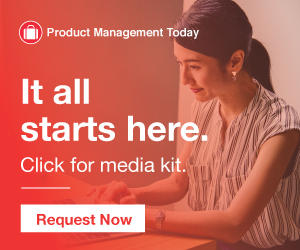Do Product Owners Need Technical Skills?
Roman Pichler
AUGUST 9, 2017
How can you tell if you would benefit from having technical skills as a product owner? To answer this question, I find it helpful to look at how the role is applied. If you manage a digital product that end users employ, such as a web or mobile app, then you usually do not require in-depth technical skills, such as, being able to program in Java, write SQL code, or know which machine learning framework there are and if, say, TensorFlow is the right choice for your product.



















Let's personalize your content